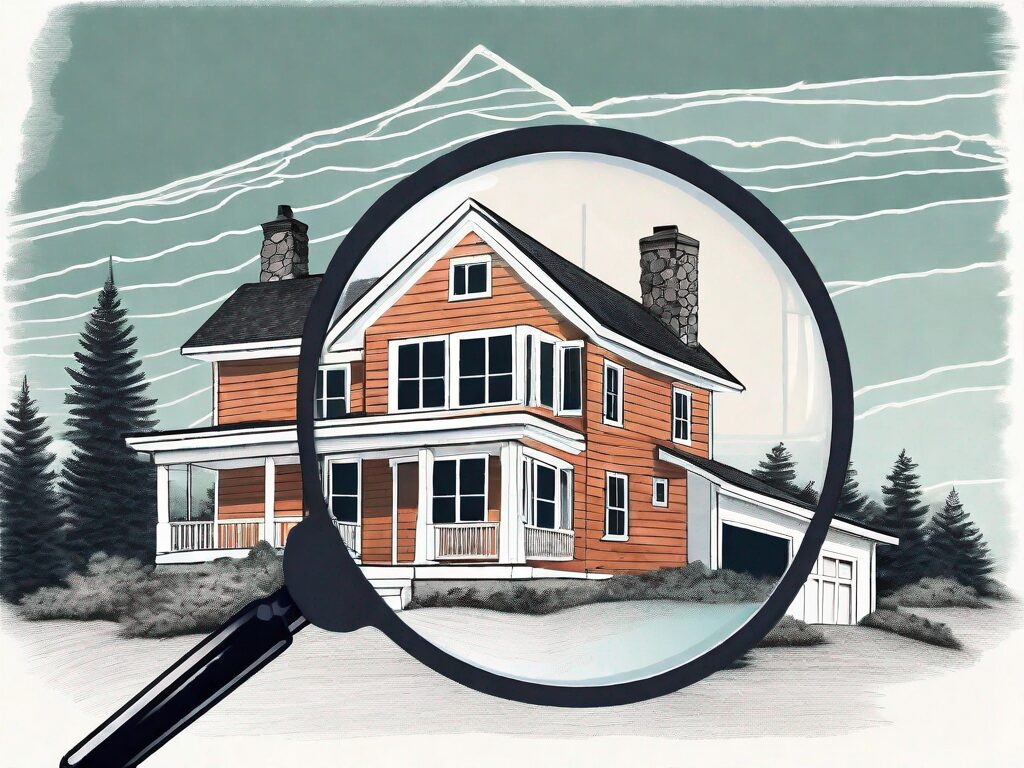
Agent A-Team or Solo Superhero? Finding the Right Real Estate Partner for Your Selling Journey in Wildwood Florida
When it comes to selling your home in Wildwood, Florida,…
January 29, 2024
Buying a home is a significant investment, and one crucial step in the process is getting a thorough home inspection. Understanding the average cost of home inspections in Maine is essential for both buyers and sellers. It allows them to budget accordingly and make informed decisions. In this article, we will explore the factors affecting home inspection costs in Maine, the different types of inspections available, and who is responsible for covering these expenses.
When it comes to home inspections in Maine, several factors influence the overall cost. These factors can vary based on the size and age of the property, the specific services required, and the qualifications and expertise of the inspector.
One of the primary considerations when determining the cost of a home inspection is the size of the property. Larger properties generally require more time and effort to inspect thoroughly, leading to higher inspection fees. Inspectors need to carefully examine every nook and cranny of a larger home to ensure that all potential issues are identified.
In addition to size, the age of the home is also significant. Older properties may have more potential issues that need to be assessed. The inspector will need to pay extra attention to the structural integrity, plumbing, electrical systems, and other components that may be more prone to wear and tear over time. This thorough evaluation ensures that the buyer or seller has a clear understanding of the property’s condition.
Furthermore, specific services, such as radon testing, mold inspection, or pest inspections, may incur additional costs. These specialized inspections address specific concerns and provide a more comprehensive assessment of the property. For example, radon testing is particularly important in Maine due to elevated levels of radon in the area. Ensuring the property’s safety from this invisible gas is crucial for the well-being of the occupants.
Finally, the qualifications and experience of the home inspector can affect the price. Highly qualified and experienced inspectors may charge a higher fee due to their expertise and reputation for delivering thorough and accurate inspections. It’s essential to choose an inspector who is certified and has a proven track record in the industry to ensure that the inspection is conducted to the highest standards.
When it comes to home inspections in Maine, there is a range of different types available. These variations cater to the specific needs and concerns of buyers and sellers. Let’s take a closer look at some common types of inspections:
Each type of inspection addresses specific concerns, and the cost may vary based on the scope and complexity of the inspection required. It’s important to discuss your specific needs with the home inspector to determine which types of inspections are necessary for your situation.
One common concern among both buyers and sellers is understanding who typically pays for home inspections in Maine. Let’s take a closer look at the responsibilities surrounding these costs.
In most real estate transactions in Maine, it is the buyer’s responsibility to cover the cost of the home inspection. The buyer needs to hire a licensed and qualified home inspector to conduct a thorough assessment of the property. This expense is considered part of the due diligence process, ensuring that the buyer has as much information as possible about the condition of the property they intend to purchase.
When it comes to the cost of a home inspection, it is important to note that the fees can vary depending on several factors. The size of the property, the specific services required, and the qualifications of the inspector can all impact the overall cost. Buyers should budget accordingly and research different inspectors to find one that offers a fair price and meets their needs.
While the buyer generally shoulders the cost of the home inspection, there may be times when the seller takes on this expense. It often occurs in situations where the seller wants to showcase their property’s excellent condition and demonstrates their commitment to full transparency.
In some cases, the seller may opt for a pre-listing inspection. This type of inspection takes place before the property is listed for sale, allowing the seller to detect and address any potential issues upfront. By doing so, they can present a property with a clean bill of health, potentially attracting more interested and confident buyers.
It is worth noting that even if the seller decides to cover the cost of the home inspection, the buyer should still conduct their own independent inspection. This ensures that they have a comprehensive understanding of the property’s condition and can make an informed decision.
Additionally, buyers should be aware that the cost of a home inspection is just one of many expenses associated with purchasing a property. Other costs may include appraisal fees, closing costs, and potential repairs or renovations. It is crucial to factor in these expenses when budgeting for a home purchase.
In conclusion, the average cost of home inspections in Maine can vary based on several factors. Understanding these factors, such as property size, specific services required, and inspector qualifications, is essential to budgeting appropriately. Buyers typically assume the cost of home inspections, but sellers may also consider taking on this expense as part of their commitment to transparency. By being knowledgeable about home inspection costs and responsibilities, both buyers and sellers can navigate the real estate process with confidence and peace of mind.

If you want the Richr team to help you save thousands on your home just book a call.
 Book a call
Book a call